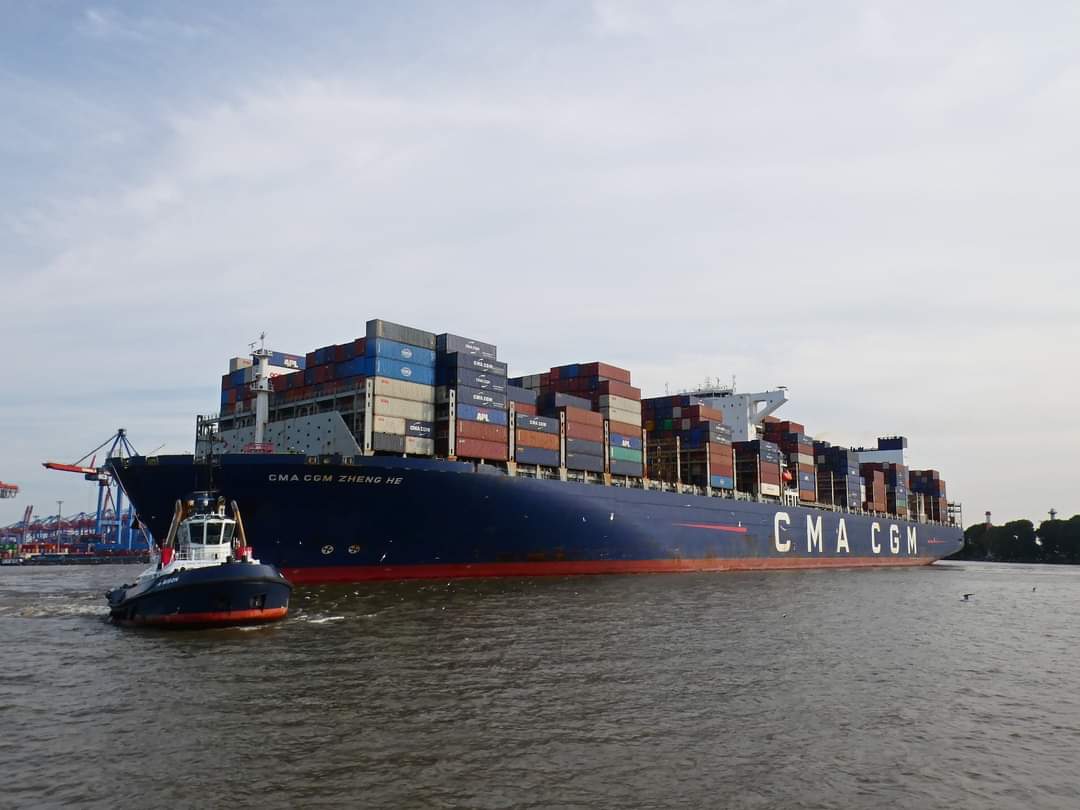Casablanca – The Organization for Economic Co-operation and Development (OECD) has released its latest economic assessment of Morocco, offering a cautiously optimistic view of the country’s short-term economic trajectory while underscoring the importance of addressing persistent structural challenges.
According to the OECD’s “Economic Outlook” report published on June 3, Morocco’s economy is expected to grow by 3.8% in both 2025 and 2026, driven by a combination of improved weather conditions, resilient domestic demand, and continued foreign investment. While the recovery reflects a rebound from recent shocks—including the COVID-19 pandemic and a series of severe droughts—the organization emphasizes that the country must enact deeper reforms to ensure sustainable and inclusive growth over the long term.
Solid short-term growth prospects
The OECD notes that Morocco’s economic performance in early 2025 has shown encouraging signs of recovery. The return of favorable rainfall has helped revive agricultural production, a key driver of the Moroccan economy. Simultaneously, the tourism sector has seen a notable resurgence, with over 4 million visitors recorded in the first quarter of 2025—a record that reflects growing international interest in Morocco as a travel destination.
The industrial sector has also shown dynamism, particularly in aerospace, textiles, and agribusiness, as new production facilities come online. These developments, coupled with robust inflows of foreign direct investment (FDI), have strengthened Morocco’s productive base.
The OECD attributes the stability in economic fundamentals to prudent macroeconomic management. The central bank, Bank Al-Maghrib, has continued its easing cycle, lowering the benchmark interest rate to 2.25% in March 2025, down from 3% in 2023. This move aims to support economic activity by making credit more accessible to businesses and households.
Inflation has also moderated, with the average rate reaching 1.7% during the first four months of 2025 and dropping to 0.7% in April. The OECD projects that inflation will stabilize around 2% by 2026, assuming continued moderation in food and energy prices.
On the fiscal front, reforms in taxation and subsidy policies have contributed to better revenue collection and improved public finances. The fiscal deficit is expected to fall below 4% of GDP in 2025, even as public investment spending remains slightly expansionary. This is seen as essential for supporting infrastructure development and broader economic activity.
Persistent structural challenges
Despite positive trends, the OECD warns that Morocco continues to face significant structural vulnerabilities that could undermine its long-term growth prospects. Among these are high unemployment, particularly among youth and women, and a relatively low labor force participation rate. The national unemployment rate remains above 12%, with certain demographic groups disproportionately affected.
The report stresses the importance of improving access to formal employment. It recommends easing labor regulations, expanding childcare services to facilitate female workforce participation, and enhancing the effectiveness of national employment agencies.
In the area of education and skills development, the OECD highlights a need for targeted investments in basic education, vocational training, and measures to reduce school drop-out rates. Morocco’s current education outcomes remain below international benchmarks, which limits the country’s capacity to improve productivity and integrate more effectively into global value chains.
Global headwinds and risk factors
Externally, the Moroccan economy remains vulnerable to geopolitical uncertainties and fluctuations in global trade, especially due to its dependence on European markets for exports—most notably in the automotive sector. A downturn in European demand could negatively impact Moroccan exports and investment flows.
Moreover, climate risks, including water scarcity and increased variability in rainfall, continue to pose long-term threats to both agriculture and food security. The OECD calls for accelerated investment in climate adaptation infrastructure and sustainable resource management.
Recommendations for a more inclusive future
To strengthen economic resilience, the OECD puts forward a series of policy recommendations:
- Maintain a data-driven approach to monetary policy, ensuring inflation stays under control without stifling growth.
- Pursue continued fiscal consolidation, while safeguarding essential public investment in infrastructure and social services.
- Implement governance reforms, particularly in the management of state-owned enterprises and the fight against corruption, to attract more private sector investment.
- Promote inclusive labor market policies and raise education standards to make better use of Morocco’s demographic potential.
The report concludes that while Morocco has made progress in macroeconomic stability and sectoral diversification, more ambitious reforms are required to transform this progress into long-lasting, inclusive, and sustainable development.
















